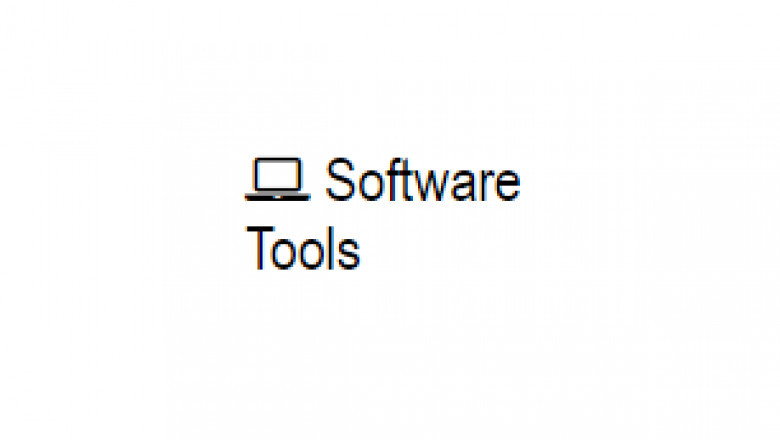views
A unit converter is a tool that allows users to convert measurements from one unit to another. These tools are essential in various fields, including science, engineering, business, and daily life. Unit conversion simplifies calculations and ensures accuracy when dealing with different measurement systems.
How Unit Converters Work
Unit converters use mathematical formulas to translate values between different units. For example, converting kilometers to miles involves multiplying by a conversion factor (1 km ≈ 0.621 miles). Similarly, temperature conversion between Celsius and Fahrenheit follows the formula:
°�=(°�×9/5)+32°F=(°C×9/5)+32Many online and software-based converters handle multiple types of conversions instantly, reducing the risk of human error.
Common Types of Unit Conversions
- Length & Distance – Converts between meters, inches, miles, kilometers, etc.
- Weight & Mass – Translates values between kilograms, pounds, grams, ounces, etc.
- Temperature – Converts between Celsius, Fahrenheit, and Kelvin.
- Time – Changes hours into minutes, seconds, days, or even weeks.
- Volume & Capacity – Converts liters, gallons, milliliters, and cubic meters.
- Speed – Converts meters per second, kilometers per hour, and miles per hour.
- Energy & Power – Converts joules, calories, watts, and horsepower.
Why Are Unit Converters Useful?
Unit converters are useful for students, professionals, and travelers. Scientists use them for precise calculations, while businesses rely on them for international trade and engineering projects. Travelers often need unit conversions for currency, temperature, or fuel measurements.
Overall, unit converters are indispensable tools that simplify complex calculations, enhance accuracy, and save time.






















Comments
0 comment